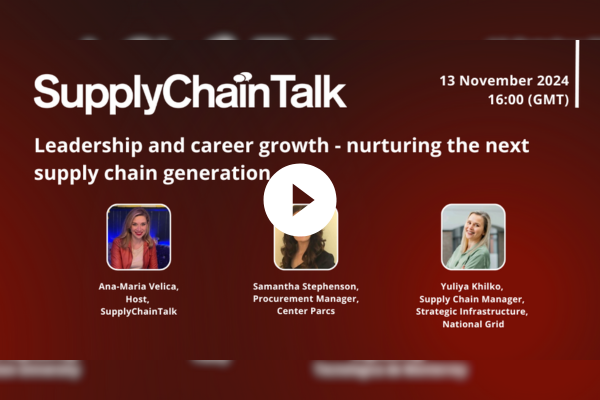Why the traditional routes to global expansion are costing businesses
Sponsored by OmnipresentWhat does the ideal version of global expansion look like to you? Do you picture a seamless global operation and a unified brand? A standardised go-to-market strategy for your products and services? Centralised and streamlined decision making that crosses all regions?
Such a unified approach to global expansion is a worthy aspiration – and it’s vital that you and your company’s leadership team never takes its eye off the big picture as you grow across borders. But of course, the reality of global expansion is much more complex. And it’s not without its challenges.
Companies often start the process of expanding globally with good intentions and grand ambitions. Enter new markets. Expand their customer base. Grow their global brand. So why do these global expansion strategies fail? There are three key reasons.
First there are the regulatory differences. Regional variations in laws concerning employment, data privacy and product standards require businesses to have a comprehensive understanding of their local markets. A strategy that works in one country may lead to legal issues elsewhere.
For example, unlike the US, European nations have stricter employment laws, including mandatory severance packages and extended notice periods, significantly raising employment costs. Privacy laws also differ, with the European GDPR setting a high standard that companies must meet, particularly if expanding into Europe.
Engaging local legal experts is crucial. They can help identify specific regulations affecting your business and ensure compliance. Additionally, investing in compliance training and partnering with experienced third-party providers such as employer of record (EOR) services can mitigate risks. Then there’s the question of organisational capability. Does your business have the operational capacity to make the leap?
Each country has its own requirements for payroll, taxes, and employee benefits. For example, in Germany, payroll must account for high social security contributions, while the US requires navigating a complex web of federal, state and local tax systems. Non-compliance with these localised laws increases costs and lowers employee morale, ultimately harming both reputation and retention efforts.
Finally, there are cultural differences to consider. Successful expansion requires more than legal compliance; understanding regional work habits and communication styles is essential for creating a cohesive international brand.
Failing to account for these factors can lead to businesses making a number of understandable, but ultimately costly mistakes. For example, when expanding into new markets, businesses often use contractors to avoid local employment regulations. While this cuts short-term costs, it risks long-term legal issues.
Foreign subsidiaries are another common route to global growth. Establishing a subsidiary offers greater control over local operations, compliance with local regulations and potential financial benefits such as tax incentives or government subsidies. But the costs involved in setting up and maintaining a subsidiary are substantial.
It’s why alternative employment models such as using an employer of record are becoming a popular solution for businesses looking to expand into new markets without the complexity of establishing a legal entity.
New roads to global expansion are taking shape. It’s an exciting time to take your business global.
Discover how Omnipresent helps you expand internationally without an entity

Business Reporter Team
Most Viewed
Winston House, 3rd Floor, Units 306-309, 2-4 Dollis Park, London, N3 1HF
23-29 Hendon Lane, London, N3 1RT
020 8349 4363
© 2024, Lyonsdown Limited. Business Reporter® is a registered trademark of Lyonsdown Ltd. VAT registration number: 830519543



